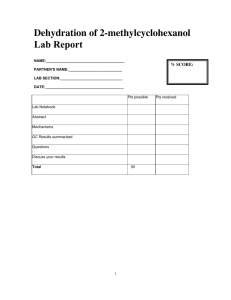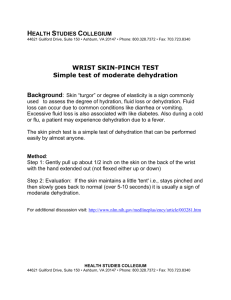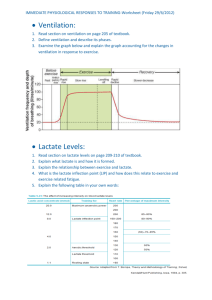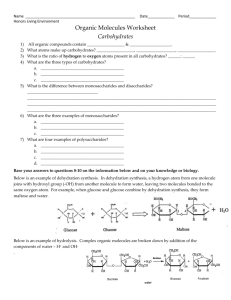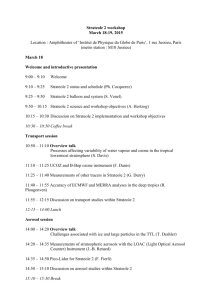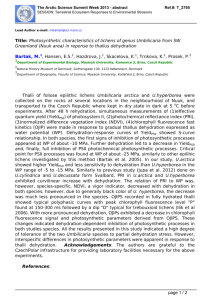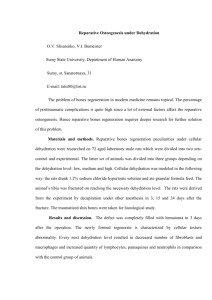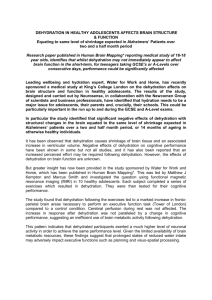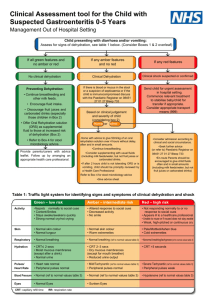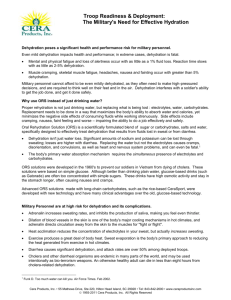Abstract - Catalysis Club of Philadelphia
advertisement
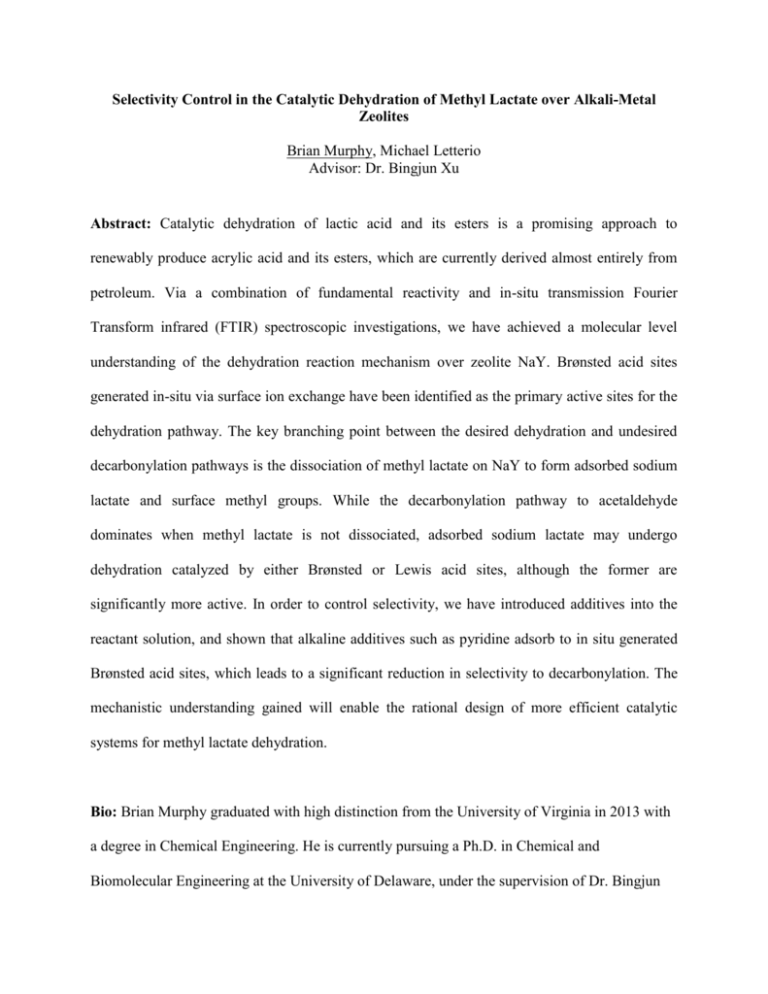
Selectivity Control in the Catalytic Dehydration of Methyl Lactate over Alkali-Metal Zeolites Brian Murphy, Michael Letterio Advisor: Dr. Bingjun Xu Abstract: Catalytic dehydration of lactic acid and its esters is a promising approach to renewably produce acrylic acid and its esters, which are currently derived almost entirely from petroleum. Via a combination of fundamental reactivity and in-situ transmission Fourier Transform infrared (FTIR) spectroscopic investigations, we have achieved a molecular level understanding of the dehydration reaction mechanism over zeolite NaY. Brønsted acid sites generated in-situ via surface ion exchange have been identified as the primary active sites for the dehydration pathway. The key branching point between the desired dehydration and undesired decarbonylation pathways is the dissociation of methyl lactate on NaY to form adsorbed sodium lactate and surface methyl groups. While the decarbonylation pathway to acetaldehyde dominates when methyl lactate is not dissociated, adsorbed sodium lactate may undergo dehydration catalyzed by either Brønsted or Lewis acid sites, although the former are significantly more active. In order to control selectivity, we have introduced additives into the reactant solution, and shown that alkaline additives such as pyridine adsorb to in situ generated Brønsted acid sites, which leads to a significant reduction in selectivity to decarbonylation. The mechanistic understanding gained will enable the rational design of more efficient catalytic systems for methyl lactate dehydration. Bio: Brian Murphy graduated with high distinction from the University of Virginia in 2013 with a degree in Chemical Engineering. He is currently pursuing a Ph.D. in Chemical and Biomolecular Engineering at the University of Delaware, under the supervision of Dr. Bingjun Xu. His thesis work focuses on applying the fundamentals of heterogeneous catalysis to renewable fine chemical and plastics production from biomass-based feedstocks, specifically the dehydration of lactic acid to acrylic acid over zeolites. Through a combination of reactivity, in situ spectroscopic, and catalyst characterization studies, he seeks to gain mechanistic insight into key reactions, which is then applied to the rational design of more efficient catalysts.
